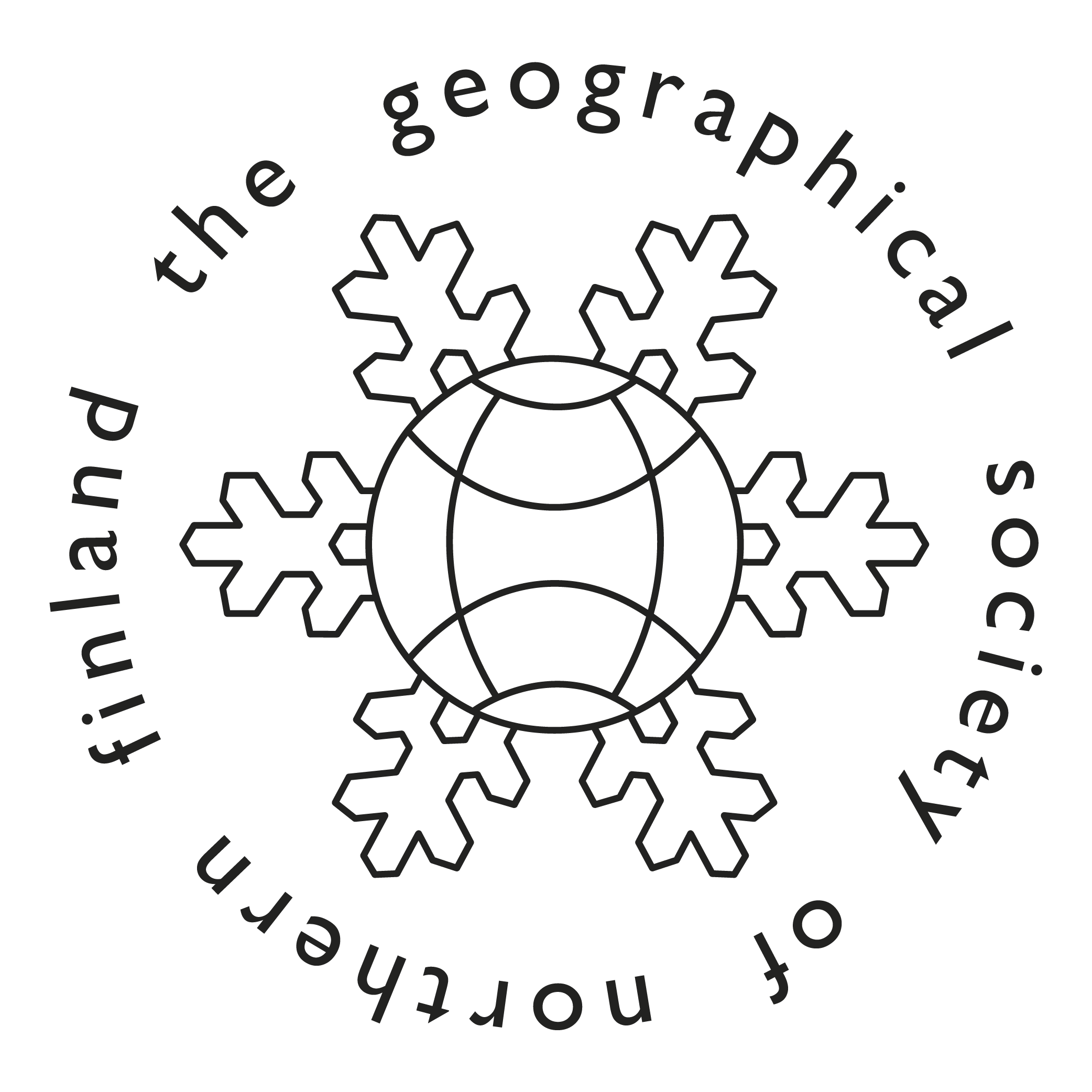Bad blood and humiliation: Finns’ experiences of the Moscow peace negotiations in 1940
Abstract
The Winter War between Finland and the Soviet Union broke out 75 years ago, on November 30, 1939. From the viewpoint of the global situation, this was only a minor event on the northern periphery of Europe, but for Finland and its 3.5 million inhabitants, the state of war with this major socialist power was emotionally a question of life and death and an almost impossible test of survival. For the Finns, this bloody conflict symbolized their struggles for sovereignty, their Finno-Ugric language, the Lutheran religion and Western cultural traditions. The most heated debates during the Moscow negotiations from March 6 to 13, 1940, nevertheless dealt with the concrete matter of the exact location of the new border between the two countries. This paper will focus on the Moscow meetings from the perspective of Väinö Voionmaa, professor of history and a full member of the Finnish delegation. He made notes on the discussions held during these encounters in his diary, which have been the main source of information for the paper. In previous studies Voionmaa’s role has been totally ignored, which inspired the author to analyse his roles and feelings in those dramatic days. Both choreography and culture of peace negotiations have got only little attention in historical studies as well. One surprising result of this study is the observation of how emotionally the top Russian leaders reacted to the Finns’ demands for minor border adjustments.






